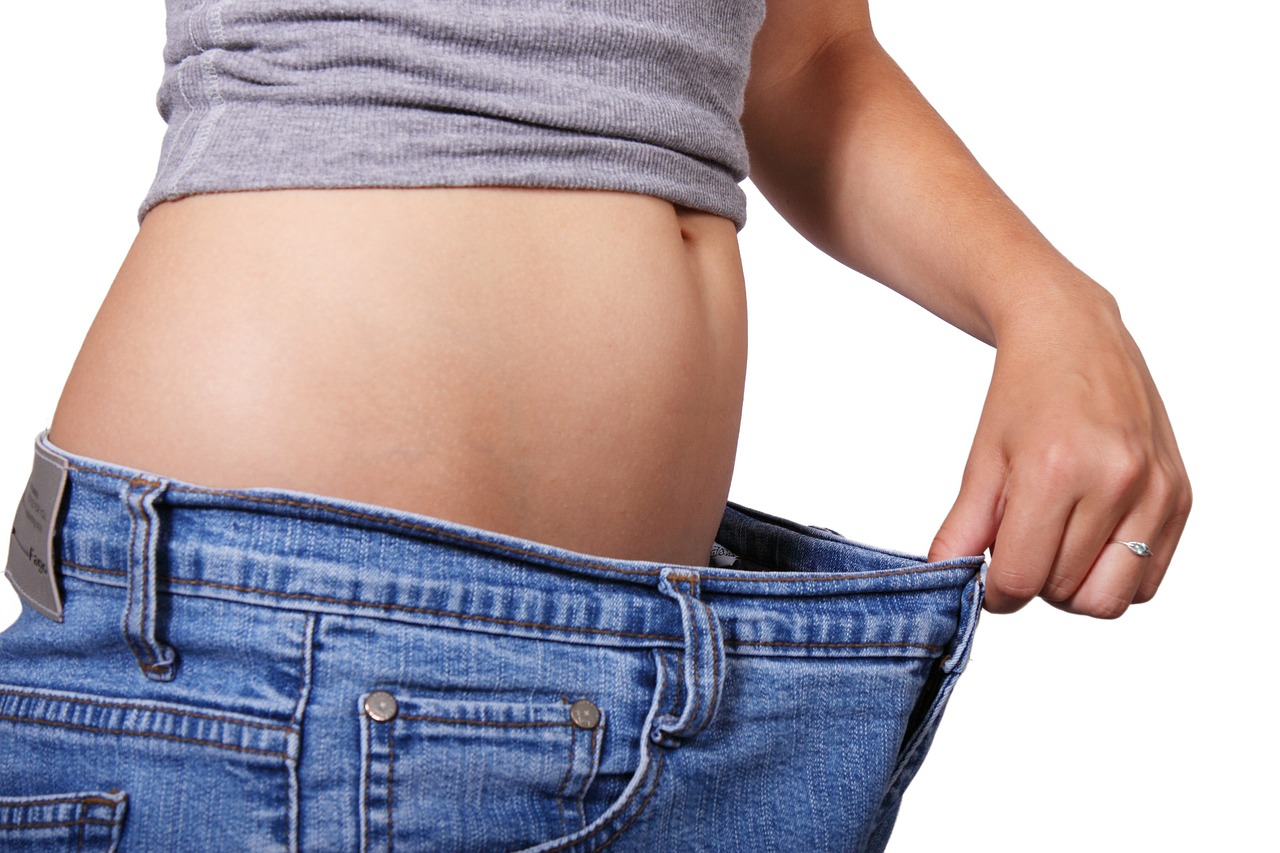Juicing is becoming an increasingly popular trend, and with this popularity comes different myths and questions like ‘Do you lose fiber when juicing?’ As a result of this, it is important to know the truth about juicing so you don’t go gathering myths that would affect your juicing habit. But before we discuss these myths and facts, let’s first take a look at what juicing is.
Contents [show]
What Is Juicing?
Juicing is an activity whereby the juice or liquid contained in various fruits and vegetables are extracted, collected and packaged for our own enjoyment. During juicing, most part of the fruit and vegetable skin and fiber is usually disposed of leaving you with just the liquid part or form of your fruit and veggies for easy consumption. Judging from this statement, the answer to the question ‘Do you lose fiber when juicing?’ would be ‘Yes’. Nevertheless, not all fiber in fruit or vegetable is lost during juicing. With a basic knowledge of what juicing is, let’s now look into some truth about juicing that most people don’t know.
Seven Truths About Juicing
1. Juicing Does Not Remove Toxins From The Body.
Juicing in itself does not remove toxins from your body. Your body system has organs that are responsible for the removal of toxic substances. These organs include the kidneys and liver. This process is completely natural as these organs have been designed for this very purpose.
2. Juicing Does Not Result In Weight Loss.
Many people believe that juicing results in weight loss. However, weight loss is caused by the consumption of fewer calories. This means that if you do not consume as many calories as you burn, you will definitely lose weight. That is to say, a person who consumes 1000 calories of juice and burns 1700 calories each day would definitely lose weight. Not because such a person is consuming juice, but because he or she is taking fewer calories than they burn.
3. Spinach And Kale Should Not Be Avoided When Juicing
When it comes to anti-blood-clotting medication, too much spinach and kale might have some side effects. However, when taking in moderate quantities, these two veggies are as good as they are safe,
4. You do not lose all the fiber content of your fruit and veggies when juicing.
This is one big myth that has led many people to ask the question ‘Do you lose fiber when juicing?’ well, to understand the answer to this question you first need to know the types of fiber.
There are two types of fiber which are soluble fiber and insoluble fiber. The soluble fiber is a type of fiber that dissolves in water while the insoluble fiber does not dissolve in water. These two kinds of fiber are readily present in your fruit and veggies, and they are treated differently by your juicer. While the soluble fiber is always present in your juice, the insoluble fiber can be found in the pulp. So now, you can see that even though you actually lose some amount of fiber, you do not lose all the fiber content of your fruits and veggies.
5. Juicing Cannot Replace Meals.
Most people believe that a juice cleanse can replace meals, but many experts have come to the conclusion that this isn’t healthy for you as a person. Taking juice for three to four days in a row will mean you feeding your body with vitamins and other nutrients in the fruits and veggies used in making this juice, but this isn’t a balanced diet. Your juice does not contain proteins as well as other important nutrients needed by your body. Juice should be used as a complement to meals and never as a replacement.
6. Juice Is A Perfect And Easy Way To Consume Vegetables
Juicing makes it much easier to consume those veggies in a few gulps. It is also good in consuming any vegetables you might not like as a person but has some really good health benefits. All you need to do to achieve this is juicing this veggie together with another one that you really love.
7. It Is Not Far Better And Easier For The Body To Extract The Nutrients In Juice Than Those In Whole Fruits And Veggies.
While this might look true since juice is in the liquid form, it is not the case. The human body has been designed to extract nutrients from whatever kind of food you eat, and consuming only juice each day without taking any fiber-rich food would be endangering yourself. It is important you consume whole food items rich in fiber as the fiber content comes with their own set of benefits to the body. And always keep in mind that your digestive system is skilled enough to extract nutrients from any food be it fiber, juice or whole fruits.












